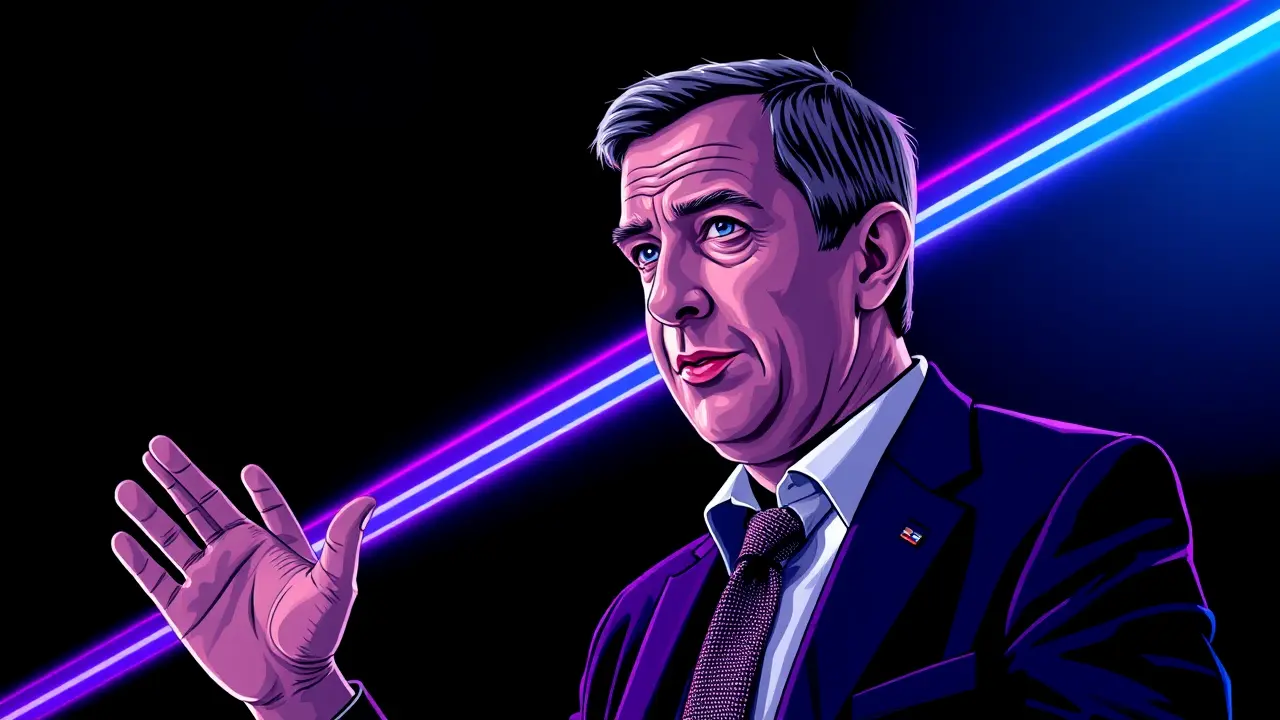- News
- elections
- Nigel Farage has 1.3m followers on TikTok. Does this mean gen Z likes him? | Zoe Williams
Nigel Farage has 1.3m followers on TikTok. Does this mean gen Z likes him? | Zoe Williams
The political landscape is often measured by traditional metrics—polling numbers, election results, parliamentary seats—but a new, more elusive currency of influence is rapidly gaining ground, and Nigel Farage, with his 1. 3 million followers on TikTok, appears to be its most successful UK purveyor.To understand what this digital popularity truly signifies for his relationship with Generation Z, we must look beyond the raw data and into the complex interplay of persona, platform, and political socialisation that defines this demographic's engagement. The infamous 2017 clip from Russia Today, where a child knighted Farage only to announce, 'My mummy says you hate foreigners,' has achieved a curious immortality, not through broadcast television but via the endless scroll of social media feeds, becoming a shared cultural touchstone for teenagers who might otherwise display a profound apathy towards Westminster politics.This moment, simultaneously absurd and deeply revealing, encapsulates the central dilemma: is Farage's reach a symptom of genuine ideological alignment, or is it merely the product of a highly effective, if cynical, rebranding exercise that transforms contentious political figures into digestible, meme-ready content? The platform's algorithm, a notoriously opaque architect of public discourse, does not distinguish between earnest support and ironic engagement; it simply rewards content that captures attention, and Farage, a seasoned media performer, has proven adept at packaging his message into the short-form, emotionally charged videos that thrive in this ecosystem. His online persona—the affable, 'game for a laugh' character who can chuckle at an accusation of xenophobia—is a carefully constructed artifact, designed to soften the edges of a political career built on divisive issues like immigration and national sovereignty.For a generation grappling with the climate crisis, housing unaffordability, and systemic inequalities, the appeal of a figure like Farage is not necessarily rooted in a deep-seated agreement with his policy positions, which are often at odds with the socially liberal leanings associated with Gen Z. Instead, it may stem from a perception of him as an anti-establishment rebel, a disruptor who speaks in plain, if provocative, language against a political class widely viewed as ineffectual or corrupt.This creates a dangerous paradox where the performance of authenticity can overshadow the substance of the politics being performed. The personal impact of such exposure cannot be understated; when a politician becomes a recurring character in the digital lives of young people, his ideas, however simplified or decontextualised, are gradually normalised, seeping into the bedrock of their political consciousness.This is not to suggest a generation is being brainwashed, but rather that the terms of political debate are being subtly reshaped in spaces far removed from the formal arenas of democratic deliberation. The question, then, is not simply 'Does Gen Z like him?' but rather, 'What kind of political culture is being forged in the crucible of his TikTok presence?' The answer has profound consequences, pointing to a future where political influence is less about winning arguments in the House of Commons and more about winning the battle for attention in the endless, algorithmically-curated stream.
It’s quiet here...Start the conversation by leaving the first comment.
© 2025 Outpoll Service LTD. All rights reserved.
